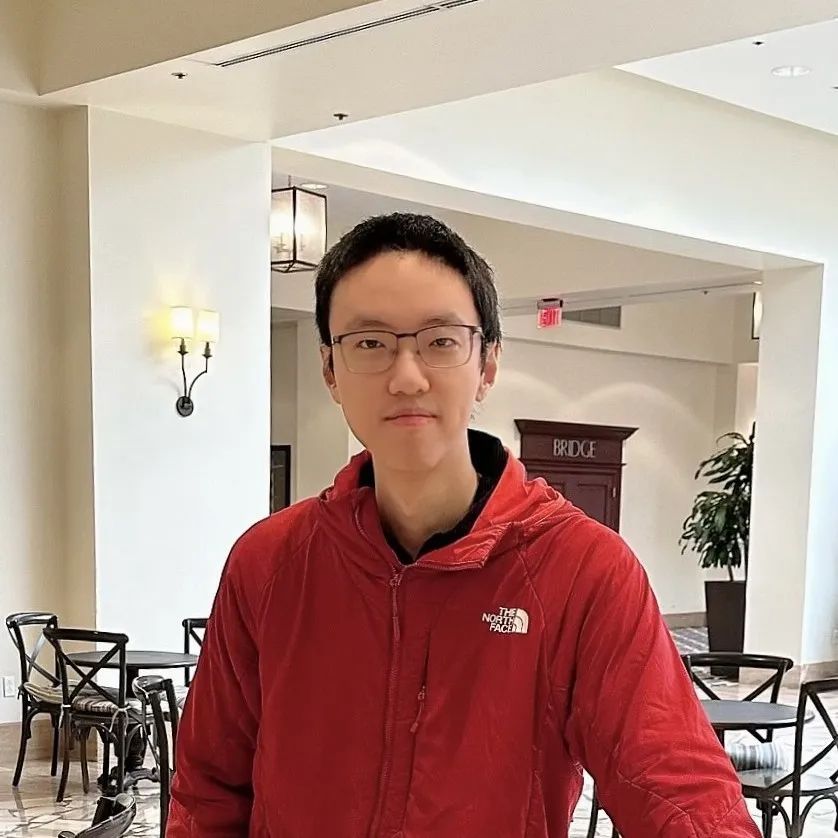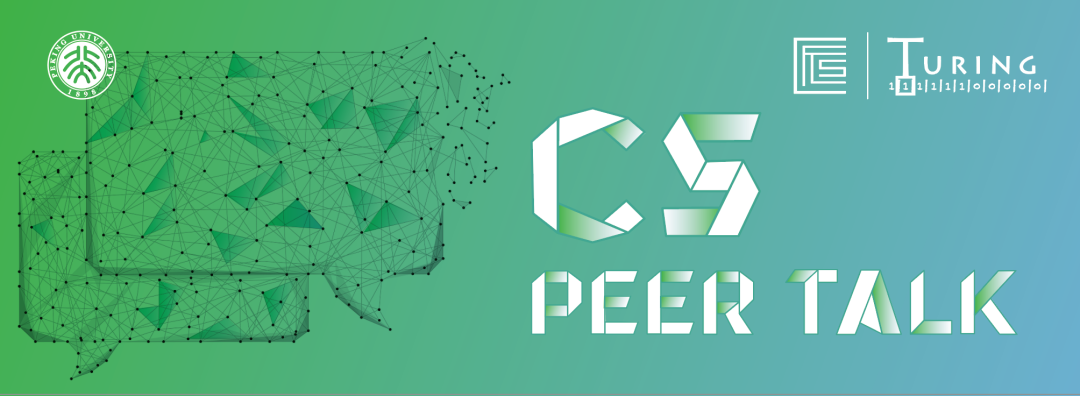index_new5.html
../../../zaker_core/zaker_tpl_static/wap/tpl_guoji1.html
![]()
报告涵盖了引导无后悔学习者达到理想均衡及隐藏角色游戏的研究,还介绍了CS Peer Talk活动
🎯报告中提到引导无后悔学习者达到理想均衡的问题。若调解者预算无限制,引导易实现;若总预算不随轮数T增长,引导则不可能。当能观察到玩家完整策略时,恒定的每轮预算允许引导;在更具挑战性的设置中,仅游戏树轨迹可观测时,一般广泛形式游戏中恒定每轮预算下引导不可能,但在标准形式游戏或每轮预算可依T变化时则可能。同时,实验也证实了引导在大型游戏中的有效性。
🎮报告还探讨了隐藏角色游戏,玩家被私下分配到团队,需识别并与队友合作。该模型包括多种游戏和现实场景,此前此类设置缺乏正式数学基础,合适的均衡概念需考虑玩家的通信渠道。文中为隐藏角色游戏提供了首个严格的均衡定义,并表明在某些情况下可有效计算最优均衡,而在其他多数情况下,计算最优均衡至少是NP-hard或coNP-hard,且通过实验验证了该方法。
💬CS Peer Talk活动由北京大学图灵班科研活动委员会发起,旨在搭建CS同学交流平台,促进交流合作、帮助练习展示并增进友谊。系列包括教程、研究、客座系列,报告默认非公开,营造自由放松又互相激励的交流氛围,欢迎主讲人报名自荐。
报告人:Brian Hu Zhang, Carnegie Mellon University
时间:8月9日(星期五)10:00am
方式:Zoom 在线会议
会议号: 824 5030 5971 密码: 563216
Host:陈昱蓉博士,前沿计算研究中心2019级
Steering No-Regret Learners and Hidden-Role Games
This talk will cover two papers both of which I presented at EC 2024. The two halves of the talk will be essentially independent of each other.
The first half of the talk will be about steering no-regret learners to a desired equilibrium. A mediator observes no-regret learners playing an extensive-form game repeatedly across T rounds. The mediator attempts to steer players toward some desirable predetermined equilibrium by giving (nonnegative) payments to players. We call this the steering problem. The steering problem captures several problems of interest, among them equilibrium selection and information design (persuasion). If the mediator's budget is unbounded, steering is trivial because the mediator can simply pay the players to play desirable actions. We study two bounds on the mediator's payments: a total budget and a per-round budget. If the mediator's total budget does not grow with T, we show that steering is impossible. However, we show that it is enough for the total budget to grow sublinearly with T, that is, for the average payment to vanish. When players' full strategies are observed at each round, we show that constant per-round budgets permit steering. In the more challenging setting where only trajectories through the game tree are observable, we show that steering is impossible with constant per-round budgets in general extensive-form games, but possible in normal-form games or if the per-round budget may itself depend on T. We also show how our results can be generalized to the case when the equilibrium is being computed online while steering is happening. We supplement our theoretical positive results with experiments highlighting the efficacy of steering in large games.
The second half of the talk will be about the class of games known as hidden-role games, in which players are assigned privately to teams and are faced with the challenge of recognizing and cooperating with teammates. This model includes both popular recreational games such as the Mafia/Werewolf family and The Resistance (Avalon) and many real-world settings, such as distributed systems where nodes need to work together to accomplish a goal in the face of possible corruptions. There has been little to no formal mathematical grounding of such settings in the literature, and it was previously not even clear what the right solution concepts (notions of equilibria) should be. A suitable notion of equilibrium should take into account the communication channels available to the players (e.g., can they communicate? Can they communicate in private?). Defining such suitable notions turns out to be a nontrivial task with several surprising consequences. In this paper, we provide the first rigorous definition of equilibrium for hidden-role games, which overcomes serious limitations of other solution concepts not designed for hidden-role games. We then show that in certain cases, including the above recreational games, optimal equilibria can be computed efficiently. In most other cases, we show that computing an optimal equilibrium is at least NP-hard or coNP-hard. Lastly, we experimentally validate our approach by computing exact equilibria for complete 5- and 6-player Avalon instances whose size in terms of number of information sets is larger than 10^56.
I am a final-year PhD student in the Computer Science Department at Carnegie Mellon University, where I am fortunate to be advised by Prof. Tuomas Sandholm. I am supported by the CMU Hans J. Berliner Graduate Fellowship in Artificial Intelligence. My current research interests lie in computational game theory, especially equilibrium computation in extensive-form games; subgame solving; no-regret learning in games; automated mechanism design; adversarial team games; and solution concepts involving correlation, communication, and/or mediation. I have also done work in adversarial robustness, fairness in machine learning, and quantum computing. Prior to CMU, I completed my undergraduate and master’s degrees at Stanford University, where I worked with Prof. Greg Valiant.
作为活动的发起人,我们来自北京大学图灵班科研活动委员会,主要由图灵班各年级同学组成。我们希望搭建一个CS同学交流的平台,促进同学间的交流合作,帮助同学练习展示,同时增进友谊。
目前在计划中的系列包括但不限于:
教程系列:学生讲者为主,介绍自己的研究领域
研究系列:学生讲者为主,介绍自己的研究成果
客座系列:邀请老师做主题报告
除非报告人特别要求,报告默认是非公开的,希望营造一个自由放松但又互相激励的交流氛围。
如果你愿意和大家分享你的学术成果、经历经验,总结回顾、触发新思,欢迎报名自荐。
主讲人报名:发邮件至 cs_research_tc@163.com,写明想讲的题目、内容及时间。
— 版权声明 —
本微信公众号所有内容,由北京大学前沿计算研究中心微信自身创作、收集的文字、图片和音视频资料,版权属北京大学前沿计算研究中心微信所有;从公开渠道收集、整理及授权转载的文字、图片和音视频资料,版权属原作者。本公众号内容原作者如不愿意在本号刊登内容,请及时通知本号,予以删除。








